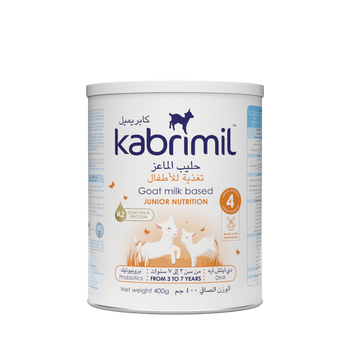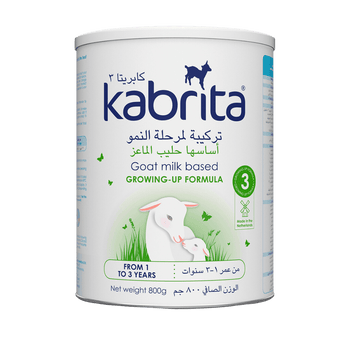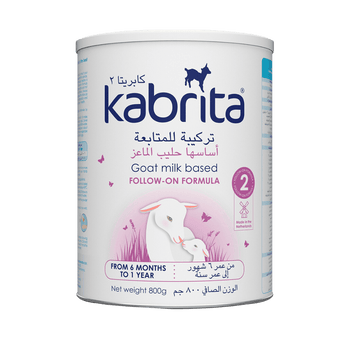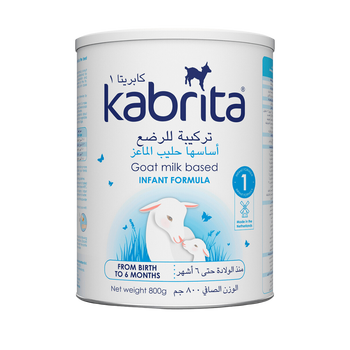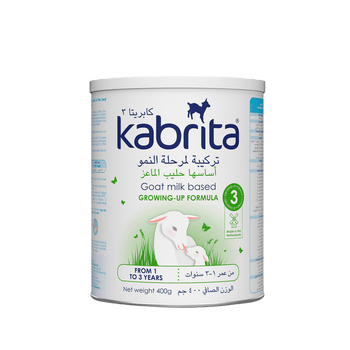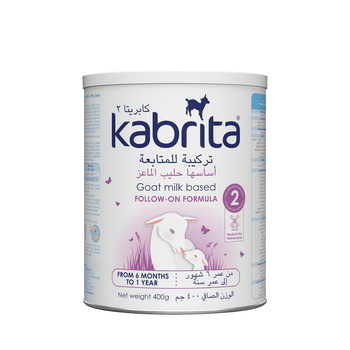Goat's milk is naturally easy to digest due to its typical composition of proteins and fats.
Goat's milk protein forms fast-digesting substances in the stomach, due to the relatively low amount of αs1-casein. This softer material allows the goat's milk protein to pass through the stomach and intestines in a gentle manner that reduces digestive problems.
In addition, goat's milk contains a relatively high amount of short and medium-chain fatty acids. These acids are easily broken down by digestive enzymes and are therefore rapidly absorbed. The globules of fat in raw goat milk are smaller and easier to break down.
In addition to being easily digestible, goat's milk is also known to be high in nutrients, low in αs1-casein and beta-lactoglobulin (which can contribute to allergic reactions), and for its mild taste. Consuming goat's milk also contributes to reducing phlegm in many people.
Yes, it is. Several scientific studies* prove that goat's milk products are safe for young children, as long as the product is fortified to meet their nutritional needs (as is the case with Kabrita). The same principle applies to infant products based on cow's milk as well.
Goat milk naturally contains a number of unique qualities (easy to digest, rich in nutrients, and mild taste) that make it an excellent source of nutrition for infants. Like milk from other mammals, raw goat's milk also lacks some nutrients important for development, such as folic acid. Kabrita products have compensated for this deficiency to ensure that little ones get exactly the nutrients they need (the same applies to cow's milk nutrition products).
* These scientific studies have been extensively confirmed by the European Food Safety Authority and have led to an amendment of European directives for the approval of goat's milk as a source of protein for feeding infants.
